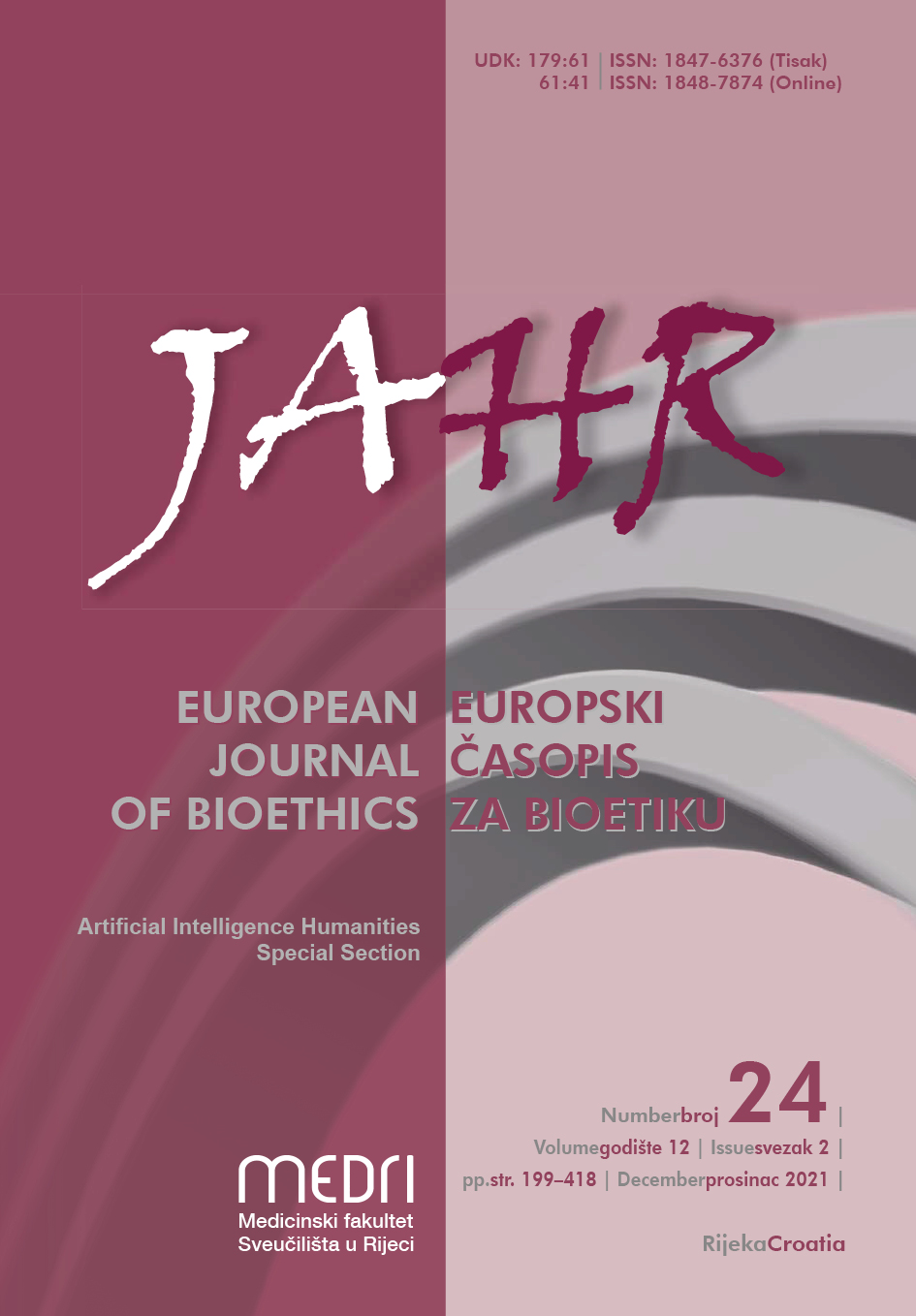Clinical solutions performed in non-conventional settings
Brazilian experiences
Keywords:
peripatetic therapy, public health, phenomenology, non-conventional settingsAbstract
https://doi.org/10.21860/j.12.2.6
This paper presents the Brazilian specificities of the development of its public health and social assistance policies since the re-democratization process in the 1980s until today. Besides, it presents a wide range of conflicts between the economic interests and the political activism accountable for the advances of the public policies implementation. This evolution is presented as a subsidy to the reader’s understanding of the development of a clinical solution for non-conventional settings specific to the Brazilian social and economic reality. Successful clinical experiences in health and social assistance based on phenomenology are presented, not only for diagnosis purposes, namely for understanding the people, for the context in the question, as well as the successful management development. The first case describes the provision of a peripatetic group therapy service, prior as a walking clinical practice, where the notion of territoriality and the dynamics of group interaction facilitate the understanding of the patients, while the intrinsic condition of the work also facilitates the establishment of transferential relationships. The second case describes the complexity of social welfare policy challenges through the clinical intervention while presenting a family in a social and economic vulnerability context.
Downloads
Published
Issue
Section
License
Authors who publish with this journal agree to the following terms:
- Authors retain copyright and grant the journal right of first publication with the work simultaneously licensed under a Creative Commons Attribution License that allows others to share the work with an acknowledgement of the work's authorship and initial publication in this journal.
- Authors are able to enter into separate, additional contractual arrangements for the non-exclusive distribution of the journal's published version of the work (e.g., post it to an institutional repository or publish it in a book), with an acknowledgement of its initial publication in this journal.
- Authors are permitted and encouraged to post their work online (e.g., in institutional repositories or on their website) prior to and during the submission process, as it can lead to productive exchanges, as well as earlier and greater citation of published work (See The Effect of Open Access).



